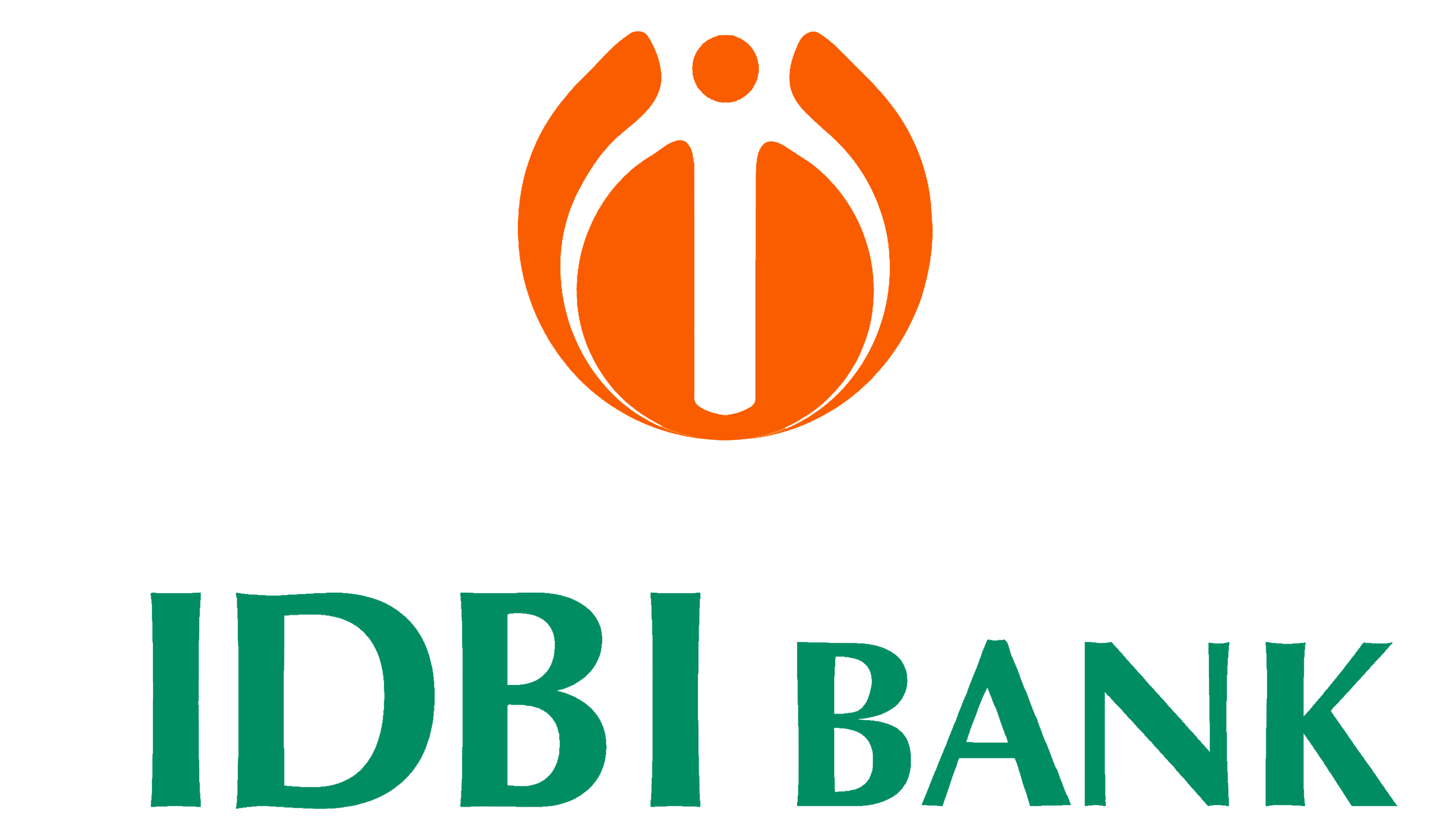e-Filing of Income Tax Return filling Online
The purpose of filing an ITR is to provide the tax authorities with information about an individual’s or entity’s income from various sources, such as salary, business profits, capital gains, rental income, and interest. It also allows taxpayers to claim eligible deductions, exemptions, and credits to reduce their taxable income and calculate the amount of tax they owe or any refund they may be entitled to. With “India’s BEST TAX CONSULTANT.” Connect with our Experts.
Get Income Tax Return Online Hassle Free.
Income Tax Return Online with Auriga Accounting
- Connect with our Experts
- Submit Your Required Documents
- Track Application Status
- Received your Certificate














